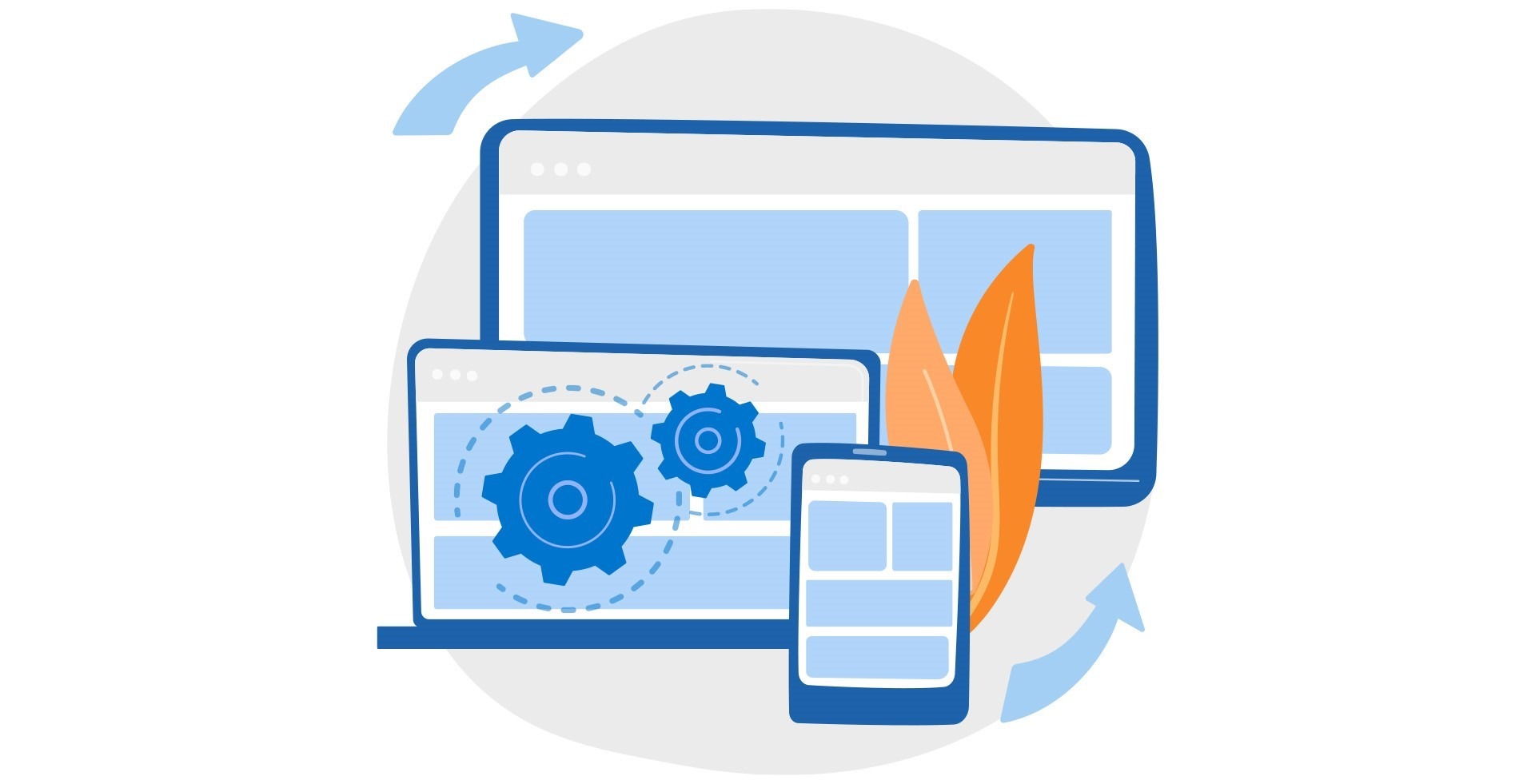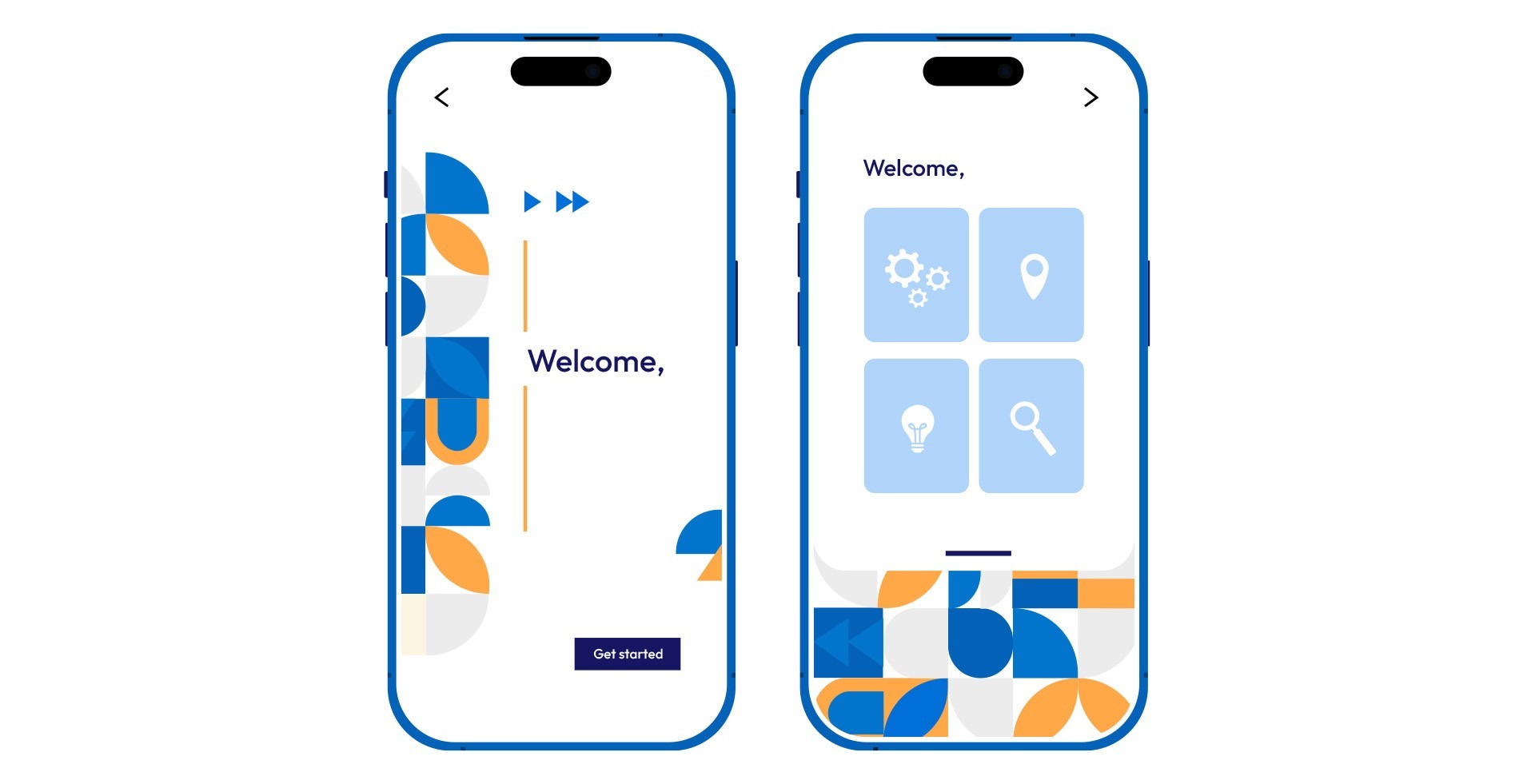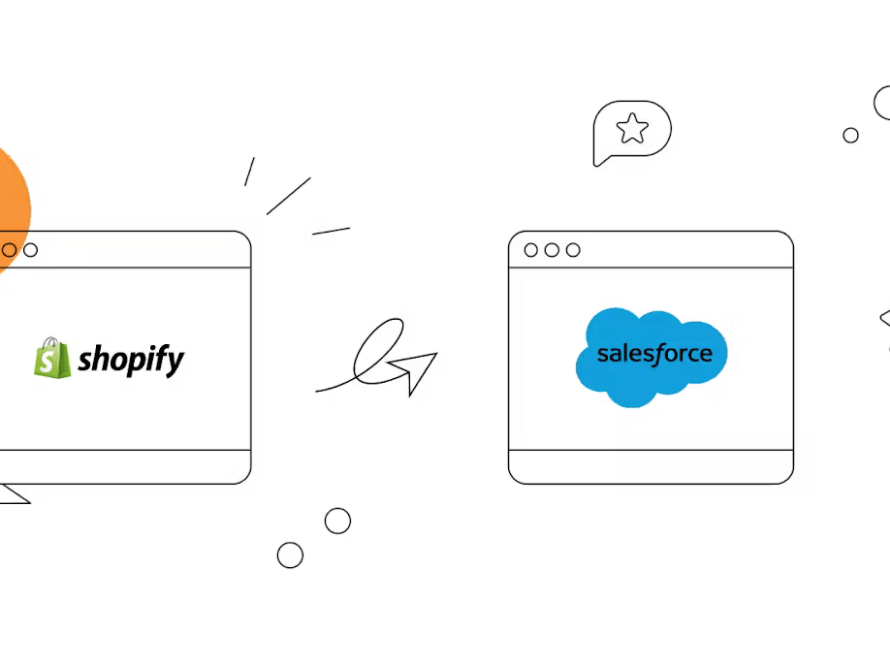Mobile applications have become a crucial component of our daily lives, allowing us to stay connected, informed, and entertained on the go. As a result, businesses of all sizes are turning to mobile app development to reach their target audience, improve engagement, and drive revenue. However, with so many options available, choosing the right approach to mobile app development can be overwhelming. Two popular approaches to mobile app development are native and hybrid apps – it’s like choosing between the green or blue pill in The Matrix. Native apps offer high performance and access to hardware features, while hybrid apps are built using web technologies and wrapped in a native container, making them a cost-effective solution for multi-platform applications. That being said, let’s compare and contrast two popular app development approaches, hybrid and native app development, and help you make an informed decision. We’ll explore the benefits of both native and hybrid app development and provide you with the information you need to decide on the best-suited approach for your project.
So, sit back, relax, and let’s dive into the world of mobile app development!
What is Hybrid App Development?
Hybrid app development is an approach to creating mobile applications that combine the use of web technologies with native app development. In this approach, the app is built using web technologies such as HTML, CSS, and JavaScript and then packaged as a native app for various mobile platforms such as iOS and Android. This allows the app to run on multiple platforms using a single codebase, which can be more efficient and cost-effective than building separate apps for each platform. Hybrid apps can be built using various frameworks, such as React Native or Flutter, which provide a set of tools and features to create native-like apps using web technologies. These frameworks enable developers to access device-specific features such as cameras, GPS, or contacts, which can enhance the functionality and user experience of the app.
Benefits of Hybrid App Development
Hybrid app development offers several advantages over other types of mobile app development. Here are some of the key benefits of hybrid app development:
- Cross-Platform Compatibility

Hybrid apps can be developed to work on multiple platforms, such as iOS and Android. This means that developers can create a single codebase that works across different devices, which can save time and money.
- Reduced Development Time and Cost
Since hybrid apps utilize a single codebase, developers can write code once and use it across multiple platforms. This can significantly reduce development time and cost, compared to building separate apps for each platform.
- Access to Native Features
Hybrid apps can access device-specific features such as the camera, GPS, and accelerometer, just like native apps. This allows developers to create apps that have a native look and feel while also incorporating web technologies.
- Seamless Online Updates
One of the benefits of hybrid apps is that they can be easily updated and supported online. This means that app owners can fix bugs, add new features, and release updates without requiring users to download a new version of the app. Instead, updates can be pushed directly to users’ devices, providing a seamless and convenient experience.
What is Native App Development
Native app development refers to the process of creating applications that are designed and built specifically for a particular platform or operating system, such as iOS or Android. These apps are built using programming languages and development tools that are native to the platform for which they are being developed and are optimized for performance and functionality on that platform. One of the key features of native app development is that it allows developers to create apps that are optimized for the platform they are built on. This means that native apps can take full advantage of the features and capabilities of the platform, such as camera access, push notifications, and GPS tracking.
Advantages of Native App Development
Native app development refers to the process of building mobile applications for specific platforms, such as iOS or Android. Here are some benefits of native app development:
- Performance
Native apps are optimized for their respective platforms, which means they can take full advantage of the device’s hardware and software capabilities. As a result, native apps tend to be faster and more responsive than web-based or hybrid apps.
- User Experience

Native apps are designed to offer a superior user experience compared to other app development approaches. They can use platform-specific UI elements, animations, and navigation patterns, which make them feel familiar and intuitive to users.
- Security
Native apps are generally more secure than web-based apps, as they run natively on the device and can leverage the built-in security features of the platform. Additionally, native apps can be distributed through official app stores, which helps to ensure they are free from malware and other security threats.
- Easier Integration with Other Apps or SDKs
Native apps can easily integrate with other apps on the same platform, which is not always possible with hybrid apps. For example, a native iOS app can integrate with Apple Pay or iMessage, providing a seamless experience for the user.
Hybrid vs. Native App Development: What Are the Key Differences?
- Performance
One of the differences between hybrid and native apps is related to their performance. When it comes to app performance, native apps are generally faster and more responsive than hybrid apps. This is because native apps are developed specifically for a particular platform, whereas hybrid apps need to work across multiple platforms, which can impact their performance.
- User Experience
Since native apps are developed specifically for a particular platform, they can take advantage of platform-specific features and provide a better user experience. Hybrid apps, on the other hand, may not be able to provide the same level of user experience since they are developed using web technologies.
- Development Time
Development time is another difference between hybrid and native app development. Hybrid app development generally takes less time than native app development since developers only need to create a single app that can be used across multiple platforms. Native app development, on the other hand, requires developers to create separate apps for each platform, which can be time-consuming.
- Development Cost
When it comes to hybrid vs. native app development, hybrid app development is generally less expensive than native app development since businesses only need to develop a single app that can be used across multiple platforms. Native app development, on the other hand, can be more expensive since multiple apps need to be developed for each platform.
- Maintenance
Maintaining a hybrid app is generally easier than maintaining native apps since businesses only need to maintain a single app that can be used across multiple platforms. Native apps, on the other hand, require businesses to maintain separate apps for each platform.
Hybrid vs. Native Apps – Which Should You Choose?
Here’s a comparison of hybrid and native apps in terms of specific use cases:
- Hybrid Apps
MVPs (Minimum Viable Products): Hybrid apps can be quickly developed and released to the market, allowing businesses to test their ideas without investing a lot of time and resources.
Apps for Internal Business Operations: Hybrid apps can provide a cost-effective solution for businesses looking to develop apps for internal use, such as employee communication, project management, and data entry.
Simple Apps: If an app only requires basic functionality and doesn’t need to access a lot of device features, a hybrid app can be a cost-effective solution.
Rapid Development: Hybrid app development can be faster than native app development since the same codebase can be used across multiple platforms.
- Native Apps
High Volume of Users: Native apps are typically faster and more responsive than hybrid apps, making them a better choice for apps that require high performance and can handle a large number of users.
Complex Features: Native apps have full access to device features, allowing for more complex functionality such as augmented reality and virtual reality.
App Store Optimization: Native apps can be better optimized for the app store, making them more discoverable to potential users.
Security: Native apps have more control over device security and can provide better protection for sensitive data.
Conclusion
In conclusion, hybrid and native app development are two different approaches to building mobile applications, each with its own set of advantages and disadvantages.The choice between these two approaches ultimately depends on the specific requirements of the project, such as the desired level of performance, the available budget, and the timeline for delivery. Whether you’re looking to develop a hybrid or a native app, Exper Labs is your ultimate choice. Our mobile app development services are designed to help brands create superior digital products using the latest industry practices and advanced technological tools. With our goal-oriented software development methodologies and experienced team, we can guide you through every step of the mobile development lifecycle, whether you’re looking to build a cross-platform hybrid app or a native app for a specific platform. Don’t let your mobile app development needs go unmet – contact us today to get started!


